There is one aspect that, above all else binds us, in having an impact upon the course of our lives.
It has become more and more apparent to me that the opportunities that we are each afforded and the resources that we are granted access to, are all pre-determined by one entirely subjective factor - our place of birth.
By virtue of birth, I have been able to grow up in a peaceful country, gain a solid education, enjoy the liberties of freedom of speech. I have enjoyed many holidays abroad and explored vast corners of the world, crossing effectively whichever border I have wanted. My Australian passport has meant that I live in an essentially borderless world. I am one of the lucky ones, I am ‘free’, but only because this is what my Western ‘identity’ has afforded me.
And yet, like other Western countries, my country has built a fortress around the luck we have been granted. A fortress that enforces a policy of deterrence, ensuring that those who are less fortunate, those ‘others’ who are born in developing or war-torn countries, are not allowed in.
Provided no other alternative, these ‘others’ are forced to become ‘refugees’, left with no other choice but to entrust their lives with people smugglers, risking their lives on harrowing journeys, chasing the same ‘dream’ that I was lucky enough to be born into - safety.
Around the world, those fleeing their countries, are presented with three main almost impossible options; urban destitution, encampment or dangerous, violent journeys. Are we honestly living in a world, where it is almost better to stay put in a war-torn country, to keep your children close to death, than to seek safety?
Today, for millions of people around the world, the difference between living in war or peace, between wealth and poverty, between liberty and oppression, has been determined purely by constructed borders and geography.
It is now clearer than ever that borders, in place allegedly for the sole purpose of protecting societies, are producing violent consequences and only exacerbating the vulnerability of the world's most defenceless people. It is clear that the inadequacies of the current refugee response is a disaster for human rights.
We must revise the way we think about this crisis. We must revise the way we respond.
When we consider if and how we can support those who need our help the most, it is important that we reflect on the privileges and good fortunes that are afforded to us by our birthplace, and the opportunity this presents us, to help those who so desperately need it.
We are not powerless.

